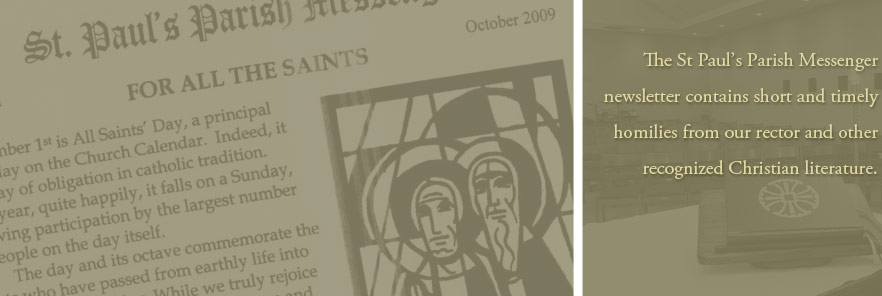After warning people gathered at the temple in Jerusalem to be wary of the Scribes, who along with others gave seemingly large sums to its treasury, Jesus goes on immediately to praise a poor widow for her sacrificial contribution, “two mites” (as the King James Version has it), about an eighth of a laborer’s daily wage, or “her whole living.”
Just below the surface in this contrast is the apparent fact that the Scribes, the professional theologians who functioned there, and who presumably had defrauded worshippers (in something of a spiritual foreclosure) in order to perpetuate their cushy positions and enhance their showy religious wardrobes, gave but a pittance out of their abundant wealth. On the other hand, the poor widow, who had been victimized by those same Scribes, gave “out of her poverty… everything she had.”
Approaching the time when once again we’ll be asked to give for the work of the Church, it’s time to see our Lord’s teaching in this regard in the widow’s mite. As we seek to do so, bear in mind that this was not so much his teaching out of thin air, but rather spiritual instruction based on a real incident observed by him at the entrance to the temple.
First of all, it must be admitted that Jesus says very little about financial gifts, and actually seems personally to have cared nothing at all about material things. Yet, he uses this incident at the
temple gate to make a fundamental pronouncement to the effect that there is a connection between spiritual and material things in God’s overall economy.
Secondly, for Jesus the Church like the temple is God’s spiritual and material house amongst us. It is where God causes his Name to dwell – where he meets us in word, in prayer, and in the gift of his body and blood at the Altar for our redemption.
Thirdly, by extension, on analogy of exchanging currency between countries to transfer purchasing power, gifts to the Church are necessary – they are simply the means of exchanging heartfelt faith for concrete ministry in the Name of God and his Son Christ Jesus.
Finally, in such giving it’s the sacrificial heart behind it that is all-important: not something meagerly offered to God and his Christ boastfully while all the while but a pittance out of abundance, but rather that which is gladly presented out of our real poverty, i.e., a recognition that ‘everything we have, … our whole living’ comes from them.
– JR Hiles
Adapted from a sermon on Mark 12.38-44 – November 8, 2009

